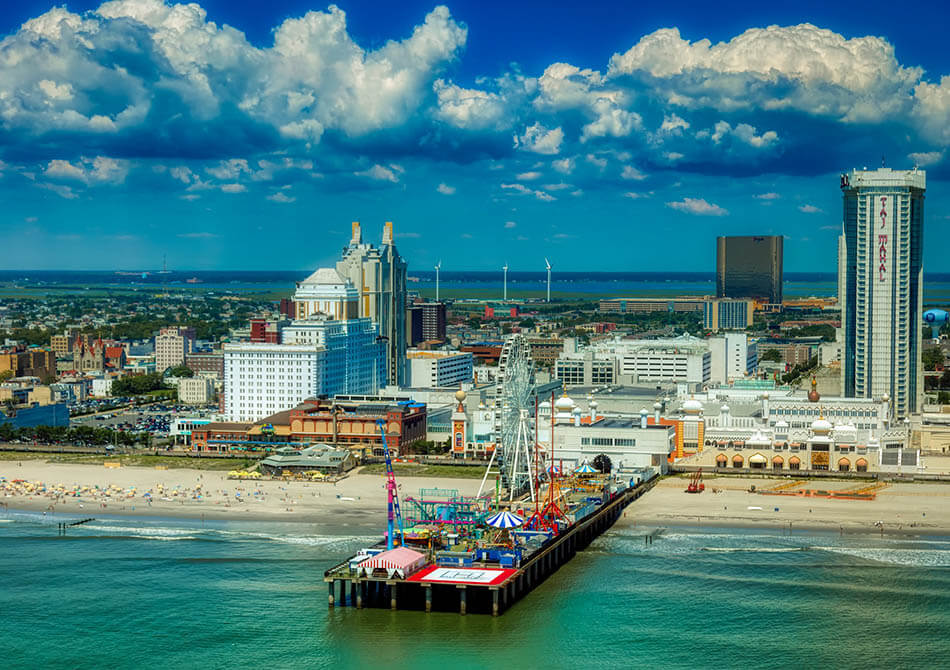Growing global concern about climate change has governments all over the world scrambling to make policy changes. Potentially curtailing emissions and creating a sustainable future is on everyone’s minds. Even while some local and national governments lag woefully behind.
The United States, of course, has been regressing on this issue throughout the last few years, despite the very obvious threat that climate change poses.
Just recently, Antarctica recorded it’s hottest week ever. Temps reached the mid-60’s, which is toasty to say the least on the normally bitter cold continent.
Wild weather is becoming a staple all around the world, it seems.
While it should be enough of a wake-up call, there are simply some people too beholden to our old ways of doing things to care. Either that or they are personally invested in oil, coal, and other forms of dirty energy.
They stand to lose a lot by bringing awareness to the problem.
However regressive the U.S. may be when it comes to climate change, individual states are doing what they can. They are looking toward the future.
New Jersey finds itself on the front lines. The state has large stretch of shoreline and billions of dollars of shoreline property to think of.
It makes sense that the state would take climate change seriously given how many complications could arise due to coastal flooding.
Recently, Governor Murphy announced that anyone building on the coast will be required to take rising sea levels and other effects of climate change into account when constructing in the region. New Jersey seems committed to bolstering the 130 mile shoreline so that it can weather the changes coming.
Why Investment Now is Key
There’s this idea that some people are sounding the alarm about climate change way too soon. That there isn’t really a looming threat, and if there is, it won’t affect any of us anytime soon.
To that, it’s important to point out that in just a little over 100 years, or a few generations, we have completely altered the entire ecosystem of the planet.
The oceans are more acidic, we’ve lost about half the wild growth trees on Earth, insect populations are dwindling, animal birth mutations are on the rise, and by every available metric we have, the evidence says weather patterns are getting worse and more unpredictable.
Humans caused these changes.
There’s going to be a tipping point where these changes suddenly outweigh our casual “ask questions later” way of running our society, and that is when investment is going to matter most.
The governments that fund sustainable energy now will be prosperous and secure in the future.
We will have to make sweeping changes to the way we use energy. We may very well reach a point soon where this will no longer be our choice.
Clean energy will be mandated either by our government or some kind of international body. Either way, the writing is one the wall.
The switch will come, whether we’re prepared for not.
What will businesses and people do when they are forced to give up their crude lifestyle overnight? Without any oversight or planning?
This is why investing in sustainable practices is so crucial now. Not at some hypothetical tipping point or day of dire circumstances. Not when it’s too late.
These kinds of preventive measures are a bulwark for the future, and they also help curb the problem now. This is why they are effective.
New Jersey is actually setting the tone for what other states should be doing as well. Coastal cities are perhaps the most vulnerable right now, and not enough people are talking about it.
Looking at New Jersey’s Future
Investing in clean energy and sustainable practices now will have massive dividends as we look toward 2030 and beyond.
Once we all get over this obsession with oil, coal, and gas, everyone is going to be flocking (and rightfully so) to these alternative energy sources and sustainable business practices, but whoever gets in and invests first is going to reap the rewards. They will also be best prepared in case of early disasters.
As the weather gets more erratic every year and temperature records keep breaking, one thing is for sure, states like New Jersey that make the effort now to invest in sustainability will be leading the charge and heading the economy of the future.

